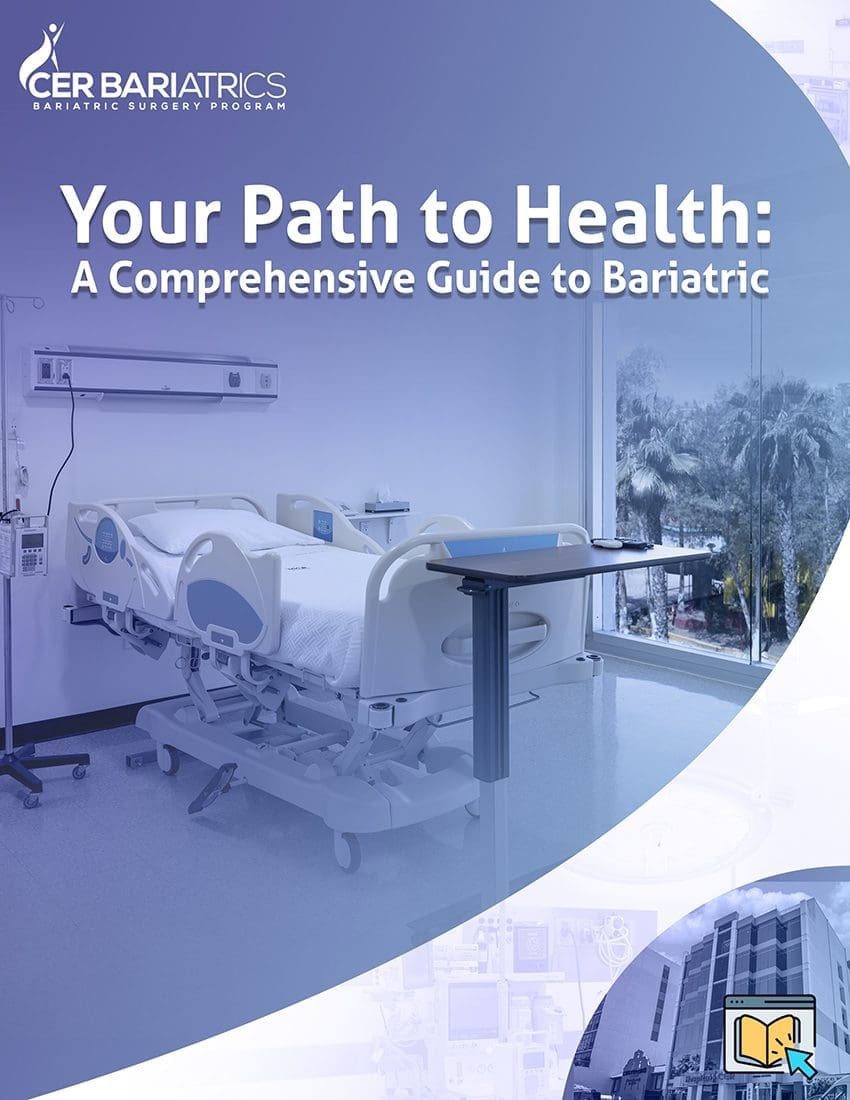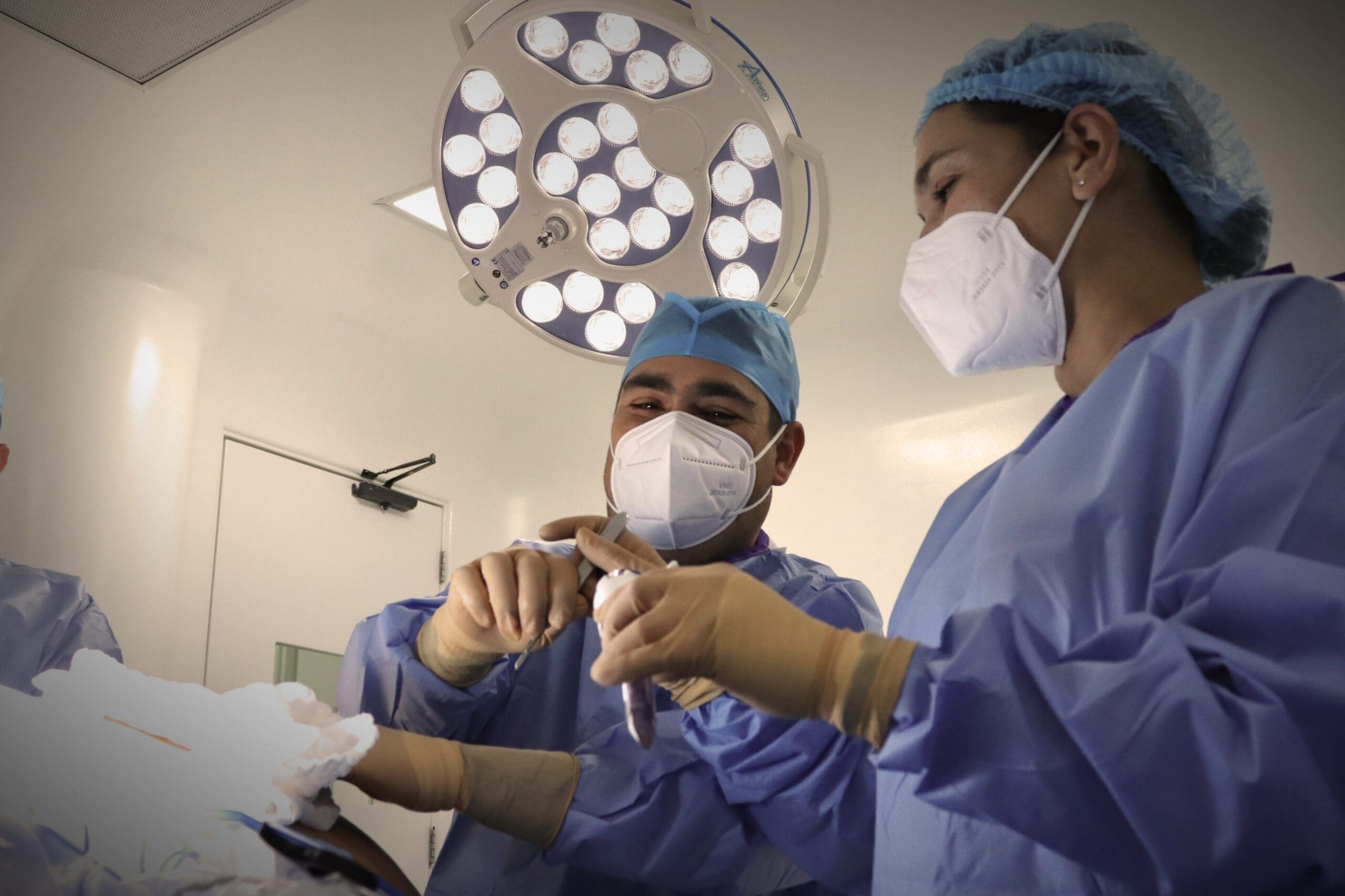Bariatric Surgery Insurance - The Ins and Outs
You’re in the right place! In this guide, we’ll explore everything you need to know about Bariatric Surgery Insurance, comparing coverage in the USA and in Mexico.
Whether you’re ready to make a decision or just starting to explore your options, understanding bariatric surgery insurance can make a huge difference. So, grab a seat and let’s break it down together!
Why Your U.S. Insurance May Exclude Coverage for Weight Loss Surgery in Mexico
When exploring Bariatric Surgery Insurance, many people look to Mexico for its affordable and high-quality care. However, U.S. insurance plans often don’t cover medical procedures performed abroad. Let’s dive into why that happens and what it means for your decision.
Regulation Differences
Just like healthcare laws vary between U.S. states, they also differ between countries. U.S. insurers may be hesitant to approve procedures in Mexico due to different healthcare standards. If the provider doesn’t meet U.S. regulations, coverage may be denied.
Paperwork Challenges
Cross-border paperwork adds complications. From billing in pesos to legal documentation, the process can overwhelm insurers—and patients. These hurdles often lead providers to decline coverage for international care.
Concerns About Care Quality
While Mexico has skilled bariatric surgeons and accredited clinics, some insurance companies remain concerned about post-surgery care and safety standards. These doubts can impact whether or not a procedure is approved.
Limited Insurance Partnerships
In the U.S., insurers have agreements with specific hospitals and clinics. These partnerships rarely extend into Mexico. Without a contract or relationship with the Mexican facility, patients may need to pay out of pocket.
Out-of-Network Realities
Think of your U.S. insurance network as a safety net—but that net doesn’t usually reach across borders. Once you’re outside the network, coverage is limited or nonexistent.
Pros and Cons of Paying Without Bariatric Surgery Insurance
Advantages of Not Using Insurance for Bariatric Surgery
-
Freedom of Choice
Without Bariatric Surgery Insurance, patients can choose any qualified surgeon or clinic—no limitations from insurance networks or provider lists. -
Avoiding Denials
Insurance companies often have strict approval rules. Paying out-of-pocket helps you skip complicated paperwork and get the surgery you need without delays. -
Faster Scheduling
Insurance pre-authorizations can drag on. By self-funding, you avoid the wait and move forward with your health journey immediately. -
More Privacy
Paying directly means your medical history stays between you and your doctor—no need to involve your insurer in sensitive health matters. -
Cost Control
When you choose to self-fund, especially at international clinics in places like Mexico, you may save significantly—even after travel. This can be a smart move compared to high deductibles or co-pays in U.S. plans.
Disadvantages of Not Using Bariatric Surgery Insurance
-
High Upfront Costs
Bariatric surgery can be expensive. Without Bariatric Surgery Insurance, you’ll cover everything: surgeon, hospital, anesthesia, lab tests, and follow-ups. -
No Negotiated Discounts
Insurers often secure reduced rates and offer financial help. Self-paying means you might miss out on those cost-saving options. -
No Reimbursements
If you bypass insurance entirely, there’s no option to reclaim expenses—even if some would have been covered. -
Risk of Medical Debt
Not everyone has savings ready for surgery. An unexpected complication or extended care could lead to serious financial strain. -
Limited Post-Surgery Support
Follow-up care, including nutrition counseling and check-ins, might be harder to access—or more costly—without insurance backing.
Why Some Patients Skip Bariatric Surgery Insurance and Pay Out of Pocket
Freedom to Choose
By going the self-pay route, you’re in full control. No Bariatric Surgery Insurance network restrictions mean you can select the surgeon and clinic that best match your personal needs. It’s about choosing what works best for you—not what your policy dictates.
Fewer Barriers
Insurance often involves paperwork, approvals, and long waiting periods. Self-paying allows you to bypass those frustrating processes and get the care you need without delay.
Faster Scheduling
Approval wait times can stretch for weeks. Paying directly puts you on the fast track—you can schedule your bariatric procedure as soon as you’re ready, without sitting around for insurance green lights.
More Privacy
Your health is personal. Without insurance involvement, your medical decisions remain confidential—between you and your healthcare provider, without extra eyes reviewing your records.
Final Thoughts on Bariatric Surgery Insurance
And that’s a wrap! We’ve explored the ins and outs of Bariatric Surgery Insurance, comparing coverage options in the United States and Mexico. Whether you’re thinking about staying local or exploring weight loss surgery abroad, the key is to stay informed.
Take your time, ask questions, and talk to your insurance provider. Understanding what your Bariatric Surgery Insurance includes can help you make better choices, especially if you’re considering procedures like gastric bypass or sleeve gastrectomy.
Remember: this is about your health. Consider your medical conditions, such as type 2 diabetes or heart disease, and how different surgical options impact your long-term well-being. With the right knowledge, you can confidently choose the best path forward—locally or through medical tourism in Mexico.
Here’s to a healthier, happier you—supported by the right information, the right coverage, and the right care.
Ready for a Healthier You? Review Your Bariatric Surgery Case Today!
Take the first step towards a healthier, happier you by reviewing your bariatric surgery case. Fill out our quick and easy Surgical Eligibility Form to see if you’re a candidate for life-changing weight loss surgery. Your journey to better health starts here!
Related Post
Learn how to kickstart your weight loss journey











